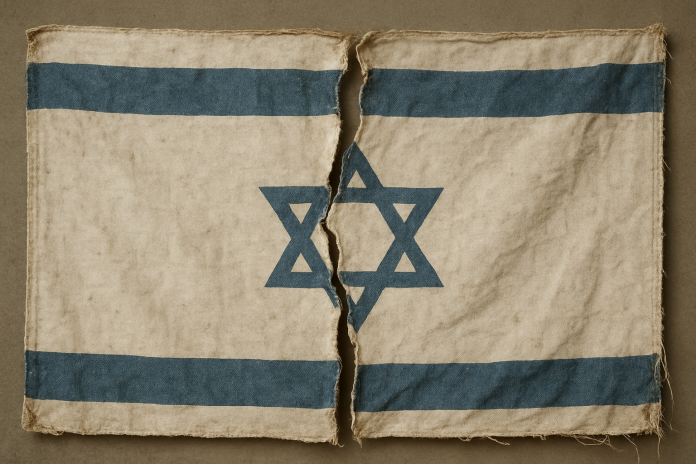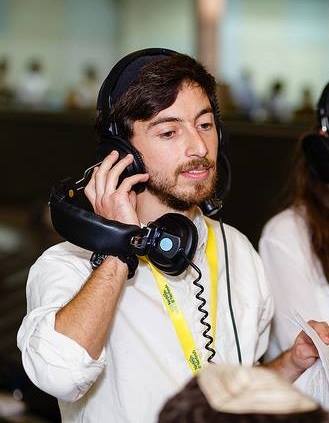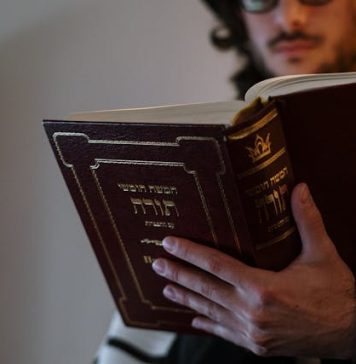The worship of Israel as a state, especially by Jews abroad, is a recent invention. Not even after its founding in 1948, was this the popular sentiment. Only after 1967 did this become the mainstream, a way for Jews to express their Judaism even if they didn’t believe in God or religious observance. Equating anti-Zionism with antisemitism by referring to it as “new antisemitism” is an invention from the 1970s.
Prefacing Israel’s “right to exist” as necessary to prevent future persecution, is, at best, an assumption. The Zionist movement did little to save Jews during the holocaust. Declaring the state caused instability and expulsion for millions of Jews in middle eastern countries. And since its founding, more Jews have died for being Jews in Israel, than anywhere else in the world.
Israel could still be a country committed to fighting for the rights of all minorities worldwide, starting with their own. Who better knows what it means to be oppressed, to fight for justice? This could be accomplished whether or not Israel was comprised of a specifically Jewish majority.
Every Israeli soldier who has died in Israel’s decades of existence, especially those fighting Palestinians, have been canon fodder for a narrative where six million Palestinians must be oppressed so that six million Israeli Jews could be free. This makes the country neither peace loving, democratic, or moral, despite its desperate attempts to present itself as such by repeating these points ad nauseam.
“What you see from here you don’t see from there” is what Israelis often say to foreigners. The view from Israeli streets is a twisted form of normal – one where you are shielded from the worst atrocities committed by your people while also accepting as matter-of-fact the absurdity of your heavily-militarized reality.
It is often only after leaving Israel that you can more easily see the other side – the horrors Israel inflicts that are censored by its own media, the standard of living which no other western country subjects its people to. I have lived both in and out of Israel. The view from either perspective is not pretty.
I am ashamed to have Israeli citizenship, ashamed to the point that a large part of me wishes to renounce my citizenship. I read in horror about the bombing of children, the shooting of civilians, rampaging settlers condoned by the military, the torture of unconvicted inmates. All distorted through the white-faced lies and brazen audacity that Israelis are so skilled at. I want nothing to do with it. I don’t want my identity, citizenship, or ethnicity to have any part in this.
I mourn the deaths of soldiers on Israel’s Memorial Day because of how unnecessary so many of them were, victims of a cycle of violence perpetuated by racist ideals and extremist leadership.
And I mourn the “independence” achieved on Israel’s Independence Day, because independence achieved by subjugating others is not worth celebrating.













